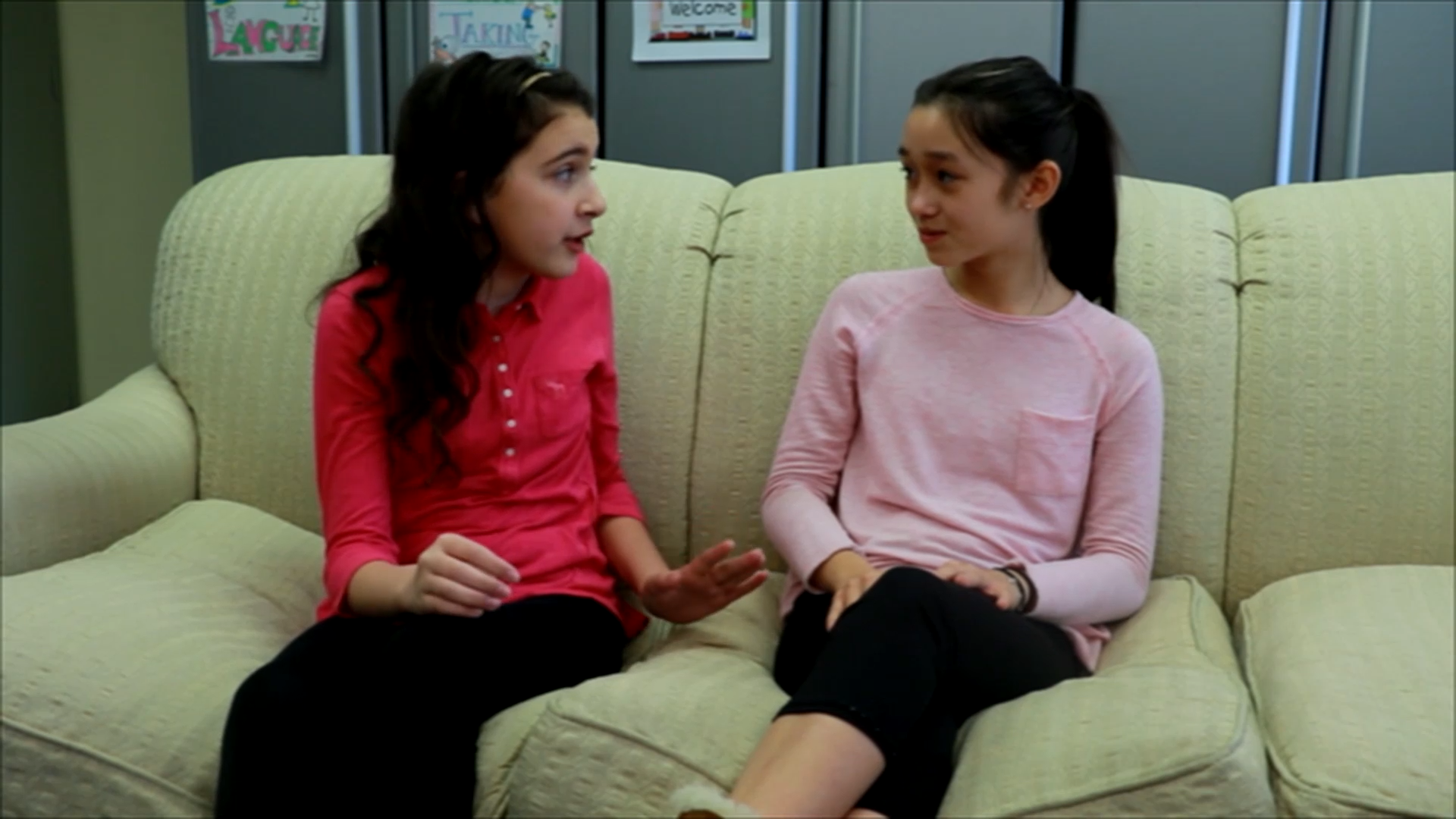Having meaningful conversations is an essential skill for children to develop as they grow. In this blog post, we will explore a key element of conversation skills: staying on topic. We will provide a no-prep activity, discussion questions, and related skills to help educators teach their PreK students the importance of staying on topic during conversations.
Introduction
Staying on topic is the ability to maintain focus on a specific subject during a conversation. It helps children engage in meaningful discussions, build relationships, and develop their communication skills. By teaching PreK students how to stay on topic, educators can lay the foundation for effective social-emotional learning.
No-Prep Activity
The “Topic Train” activity is a simple, no-prep exercise that helps students practice staying on topic. Here’s how it works:
- Have your students sit in a circle.
- Begin the activity by introducing a topic, for example, “favorite animals.”
- Go around the circle, allowing each student to contribute to the conversation by either making a comment or asking a question related to the topic.
- If a student goes off-topic, gently guide them back by reminding them of the current subject.
- Continue the activity for a few minutes, then introduce a new topic and repeat the process.
This activity encourages students to listen to others, think about the topic, and respond appropriately, helping them develop their conversation skills.
Discussion Questions
These questions can help stimulate further discussions about staying on topic and conversation skills:
- Why is it important to stay on topic during a conversation?
- How does staying on topic help us build relationships with others?
- What can you do if you notice that someone is going off-topic during a conversation?
- How does staying on topic help us learn new things from others?
- Can you think of a time when you had a conversation and stayed on topic? How did it feel?
Related Skills
Besides staying on topic, there are other conversation skills that are important for PreK students to develop. These include:
- Active listening: Paying attention to what others are saying and responding thoughtfully.
- Taking turns: Waiting for others to finish speaking before contributing to the conversation.
- Asking open-ended questions: Encouraging deeper discussions by asking questions that require more than a simple “yes” or “no” answer.
- Expressing empathy: Understanding and sharing the feelings of others during a conversation.
Next Steps
Now that you have an understanding of how to teach PreK students the importance of staying on topic during conversations, it’s time to put these ideas into practice. To help you get started, we invite you to sign up for free samples of this skill and other social-emotional learning materials at Everyday Speech. These resources will provide you with valuable tools to support your students’ growth and development in this crucial area.






